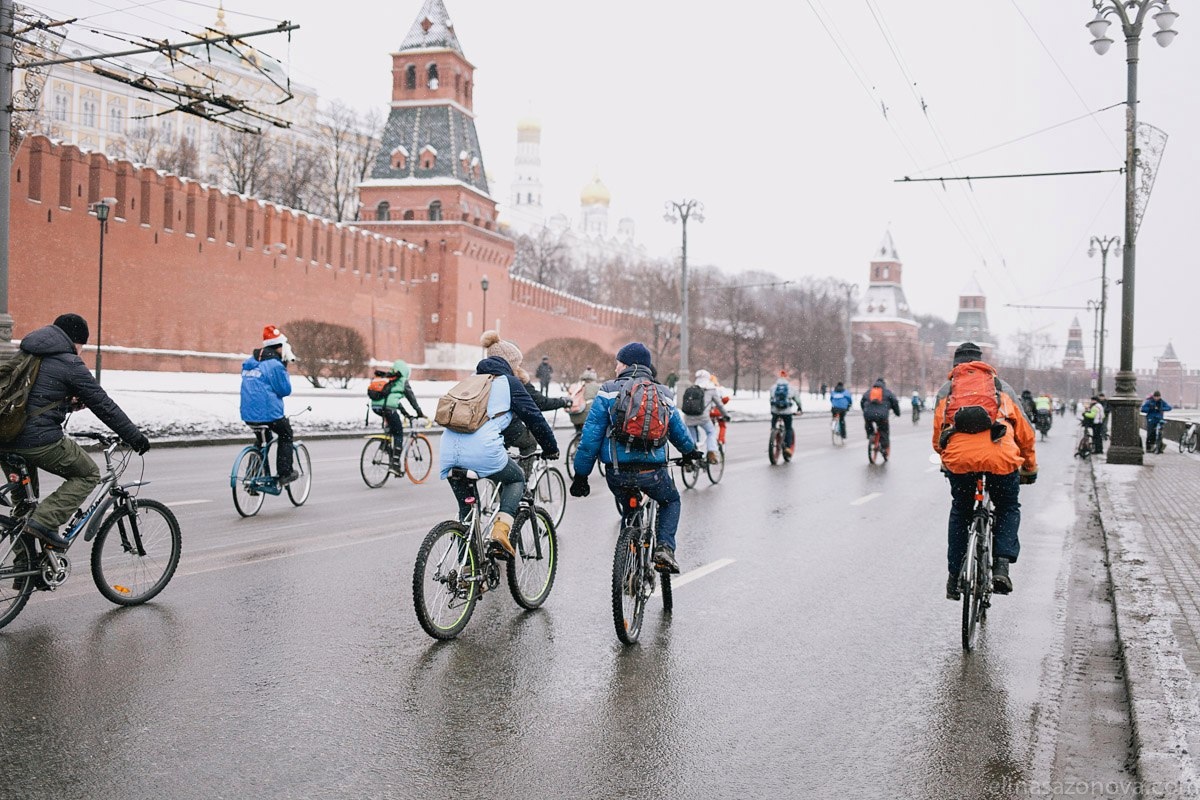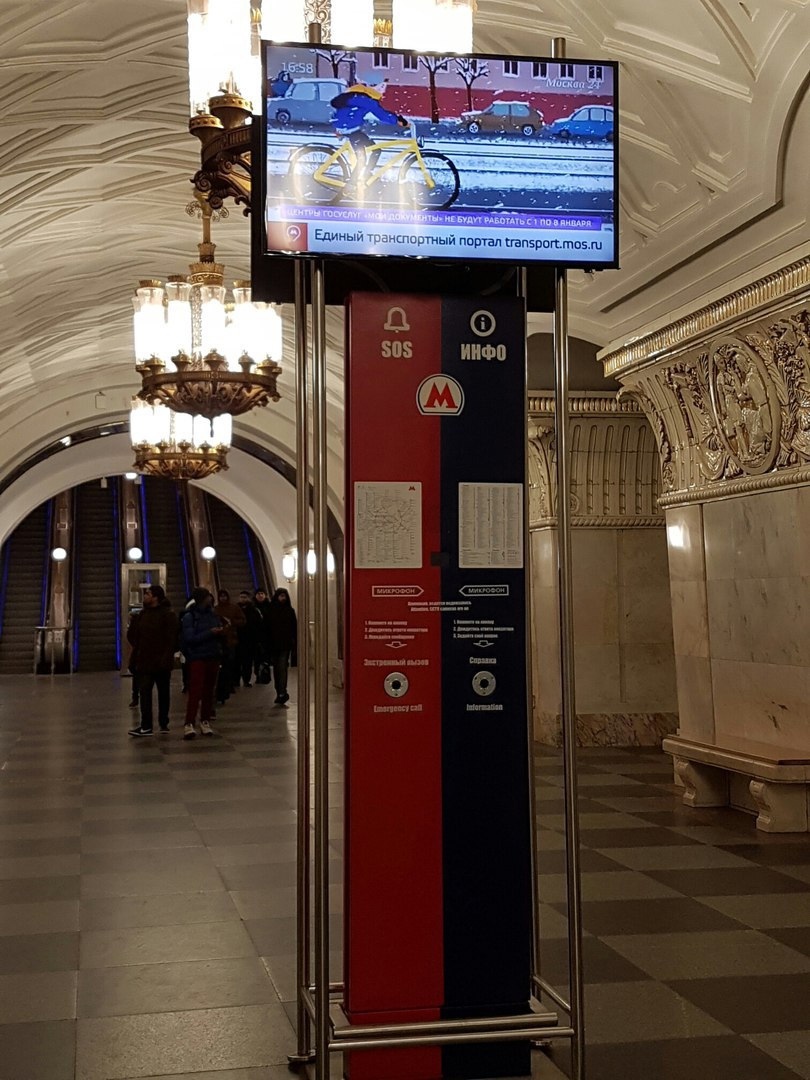Promoting Winter Cycling
A couple of successful examples of communicating the idea that cold weather is no obstacle to everyday cycling.
Context
In a country often said to have ”nine months of winter,” shifting perceptions of winter cycling is essential for the development of bicycle infrastructure. But until the mid-2010s, cycling in Russia was largely framed as a seasonal activity, with cycling clubs traditionally ”opening” and ”closing” the season — a practice that, despite their advocacy for cycling infrastructure, inadvertently reinforced the broader societal and administrative belief that bicycles are not a viable option in cold weather.
Time
2012 → 2017
Strategy & Approach
-
Active Use of Social Media
Leveraging the rising popularity of social networks as emerging communication environments that offer new tools for engagement and narrative shaping. -
Community Activation
Engaging cycling groups already interested in the topic to challenge the very notion of a ”cycling season” and encourage year-round riding. -
Visual Framing
Shaping perceptions of winter cycling through emotionally resonant and visually distinctive imagery. -
Messaging
Addressing emotional, aesthetic, and symbolic barriers to winter cycling rather than relying on technical arguments. -
Audience Expansion
Reaching beyond cycling communities to involve wider audiences. -
Engaging Formats
Use of participatory formats like contests to stimulate sharing and involvement.
Implementation Examples
Animation Contest
A contest with an international jury that included animators and representatives of cycling advocacy groups. Its goal was to engage the creative community in producing short, impactful animated films that could be shared online, featured at events, and broadcast on TV — all while creating memorable visual representations of winter cycling. It also involved working with children’s creative groups to reach both younger audiences and their parents.
Winter Bike Style Battle
A public voting-based photo contest where participants advanced round by round based on audience votes, submitting a new winter cycling look each time. While supporters reshared voting posts to promote their preferred participants — often sharing them across city, university, and hobbyist community groups — the core visual message that bicycles belong in winter was disseminated alongside.
Key Achievements
-
The Winter Bike Style Battle generated over 800 000 post views on social media platform VKontakte — up to 50 000 views and 20 000 votes per voting round.
-
Collaborations with Uniqlo and Le Coq Sportif as partners of the Winter Bike Style Battle helped promote winter cycling among their diverse audiences.
-
Over three years, the animation contest received more than 400 submissions from over 80 cities. The best entries were showcased at various festivals, including the international open-air animation festival Insomnia.
-
In 2017, Moscow 24 channel broadcast the winning entries from the animation contest for two months on screens located in Moscow metro stations.
-
The animation contest was recognized by the international Winter Cycling Federation for its contribution to global winter cycling promotion.
-
In 2016, the first Moscow Winter Bike Parade was held, attracting over 3 000 participants.
-
Although no systematic data on winter cycling trips was collected in Moscow or other Russian cities, indirect evidence suggests a significant increase. For example, this trend is reflected in a 10-year analysis of traffic accident records in Moscow.

The Winter Bike Parade is one of four annual events held in Moscow.
See more in the Portfolio / Events.
See more in the Portfolio / Events.

Uncovering Hidden Patterns: A Decade of Road Traffic Accidents
An in-depth analysis of more than 70 000 traffic accident records in Moscow, focusing on cyclist-related cases, 2025
See more in the Portfolio / Research.
See more in the Portfolio / Research.
Visual Highlights
A glimpse into the looks and styles shared by participants of the Winter Bike Style Battle.
Selected entries from the animation contest.


















